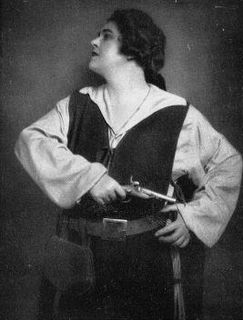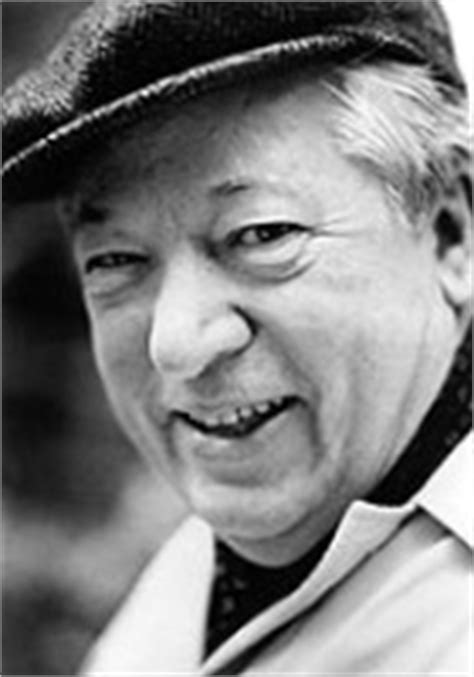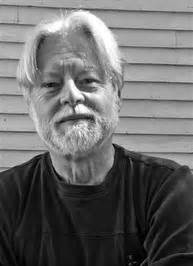A Quote by Lotte Lehmann
The music is the shining path over which the poet travels to bring his song to the world.
Related Quotes
One more royal trait properly belongs to the poet. I mean his cheerfulness, without which no man can be a poet,--for beauty is his aim. He loves virtue, not for its obligation, but for its grace; he delights in the world, in man, in woman, for the lovely light that sparkles from them. Beauty, the spirit of joy and hilarity, he sheds over the universe.
Moonlight streamed in, sending loving beams over his face. He closed his eyes and basked in it, and I could tell it was calling to him, even though the moon was not full. She didn't speak to me, but Samuel had once described her song to me in the words of a poet. The expression of bliss on his face while he listened to her music made him beautiful.
Because of the irresistible nature of our own Imagos, I think the replication of it in music is a siren song - we love those tormented songs, and we listen to them over and over and over the way that we smash ourselves into our lovers, or the same kind of lover, over and over. That drive is tireless, until it is resolved. And we can "enjoy" it safely through music, which is a simulacrum we have power over.
The heavenly bodies are nothing but a continuous song for several voices (perceived by the intellect, not by the ear); a music which... sets landmarks in the immeasurable flow of time. It is therefore, no longer surprising that man, in imitation of his creator, has at last discovered the art of figured song, which was unknown to the ancients. Man wanted to reproduce the continuity of cosmic time... to obtain a sample test of the delight of the Divine Creator in His works, and to partake of his joy by making music in the imitation of God.
Man is more than his environment. It is from the innate quality of the Spirit in him, his inner storehouse, that he draws those ideas, his intuitions, which unify his perceptions of the external world instantaneously with a value which is qualitative and not quantitative, and which he embodies in the works of his culture - those achievements which belong not only to one particular time but to all times, and mark the path of his upward progress.
One of the surest tests of the superiority or inferiority of a poet is the way in which a poet borrows. Immature poets imitate mature poets steal bad poets deface what they take and good poets make it into something better or at least something different. The good poet welds his theft into a whole of feeling which is unique utterly different than that from which it is torn the bad poet throws it into something which has no cohesion. A good poet will usually borrow from authors remote in time or alien in language or diverse in interest.
To evade such temptations is the first duty of the poet. For as the ear is the antechamber to the soul, poetry can adulterate and destroy more surely then lust or gunpowder. The poet's, then, is the highest office of all. His words reach where others fall short. A silly song of Shakespeare's has done more for the poor and the wicked than all the preachers and philanthropists in the world.



































